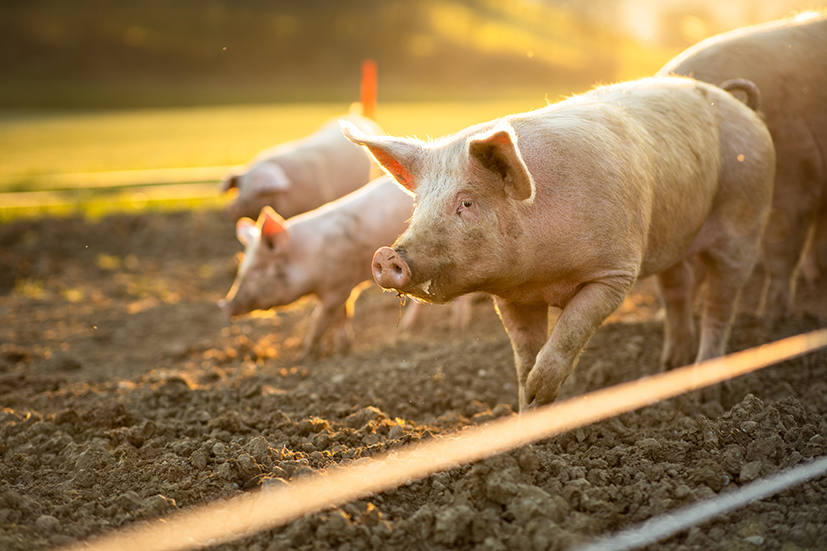A major EU-funded project, ClieNFarms, has demonstrated that systemic innovation can make climate-neutral agriculture commercially viable across Europe. Running since 2022 and due to continue until 2025, the initiative has been testing and scaling practical solutions to cut emissions while improving soil health, biodiversity, and water management.
Over 20 demonstration sites, covering a mix of crop, dairy, and livestock systems, have trialled methods suited to local conditions. In Belgium, sugar-beet growers reduced nitrogen use by up to half through precision fertiliser injection. Irish dairy farms achieved 40% nitrogen savings using protected-urea fertilisers and white-clover grasslands. In Portugal’s Alentejo region, introducing biodiverse strips between olive rows improved water retention and reduced erosion.
At the heart of ClieNFarms is the Innovative Systemic Solution Space, a network linking farmers, researchers, advisors, and businesses to co-develop scalable, market-ready solutions. The project has also launched two practical tools for the wider industry: a Scaling Toolbox to help farms plan climate-neutral transitions and a Catalogue of Climate Solutions showcasing tested methods from across Europe.
Researchers have also explored circular systems to reduce waste and emissions. In the UK, trials using an N₂ slurry processor converted animal manure into nutrient-rich fertiliser while limiting nitrogen losses. In Romania, animal-feed trials using oilseed by-products cut methane emissions from small ruminants and improved milk quality. In France, maintaining near-permanent soil cover between crops proved that low-input systems can sustain yields while reducing fertiliser dependence and boosting soil carbon.
For agri-businesses, the results point to actionable opportunities: precision input management, nutrient recovery, biodiversity integration, and new service models for farmers. ClieNFarms’ early policy findings stress that achieving climate neutrality will depend on addressing soil, water, and biodiversity outcomes alongside emission reduction. With a budget of €14 million and an EU contribution of €12 million, the project aligns with the European Green Deal and Farm to Fork Strategy, highlighting how collaboration across the agricultural value chain can turn sustainability into a viable business pathway.


